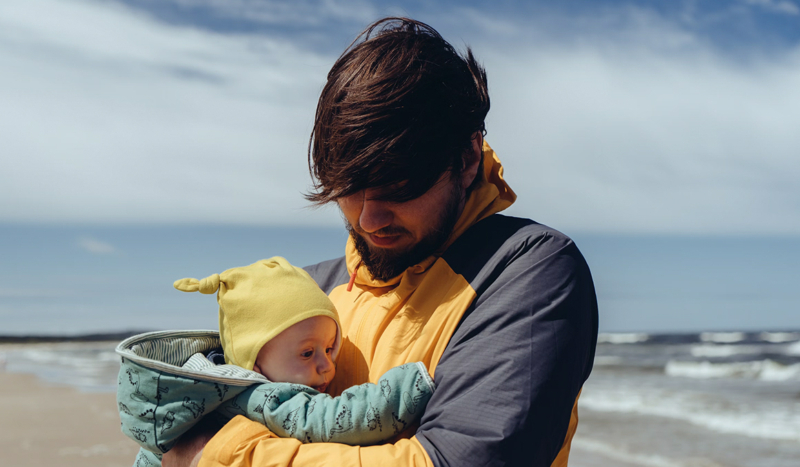
Marcin Jozwiak / Unsplash
CV NEWS FEED // Kat Rosenfield, a self-described “pro-choice” journalist, wrote an article interviewing men who were left grieving after their unborn children were killed through abortion.
Rosenfield wrote for the Free Press, that even as a pro-choice feminist, she believes men “are better, and deserve better” than the assumption that all they want to do is have indiscriminate sex, knowing that a woman can have an abortion if she gets pregnant.
She noted that “men are sidelined from conversations about pregnancy and childbirth, even when their emotional stake should be obvious,” a situation she called “real and heartbreaking.”
Rosenfield interviewed a man who only gave his first name, Paul, who told her his story of regret. His wife became pregnant in her early 40s and already had a child, so she decided to have an abortion. The baby was aborted in 1992, and Paul still regrets it.
Paul said he wished he had asked his wife to talk it over with him.
“There’s a life at stake here,’” he said. “It’s not my body. I understand that, but it’s part of me. And I didn’t open my mouth.”
“What would have happened if I had said, ‘I don’t want to do this? We don’t need to do this?’” Paul added. “I know what I’ve done wrong and what I’ve done right in my life. That’s one of the wrong things. And this, I can’t undo.”
Another man, Ryan Osentowski, told Rosenfield that after supporting his girlfriend’s first abortion when he was a 20-year-old college student, he spoke up when she wanted to abort their next unborn child.
“I was like, ‘We’ve done this. We can’t keep doing this,’” Osentowski said, begging her to put the baby up for adoption.
His girlfriend went ahead with the abortion anyway.
“It resulted in a lot of emotional conversations that were never productive,” he said. “At the end of the day, I just sent her the money with the understanding we would never speak again.”
He said that therapists and family members have not been able to help him through his grief. One therapist suggested a funeral service for the two unborn children, which Osentowski did not feel comfortable with, and family members have not been able to offer much besides telling him, “I’m sorry, here’s a hug.”
“I’m not at peace with it,” Osentowski said. “I don’t think I’ll ever get there. I don’t think I want to get there. It’s a flexible, ever-changing, undulating thing inside of you. That I not only took part in it, but I was willing… You realize that you’ve murdered part of yourself. I know that sounds dramatic. I don’t mean it to be that way. But it is what it is.”
Rosenfield interviewed another man, Tony Perry, who has publicly both written about his abortion regret and criticized Pete Buttigieg’s comments supporting Kamala Harris. Buttigieg had stated that with easy access to abortion “men are also more free.”
Perry’s memoir, A Father’s Choice, details his sorrow about how his then-girlfriend aborted their child in 2004, when he was in his 20s. He is now married and has two children.
He told Rosenfield, “I do try not to think about it too much, and I’m trying to focus on the kids I have got, and my family, and just being the best dad I can be.”
Perry lives in the United Kingdom, where it is legal to make public records for babies who died before 24 weeks in utero, whether through a miscarriage or abortion. He is considering creating a record for his child.
“It’s like recording that there was someone there. A potential life, however you want to call it,” he told Rosenfield.
He said that it would matter to him, as it indicates “that this child — and for me it was a child — was there.”

